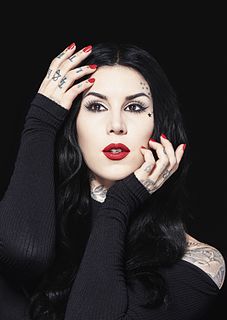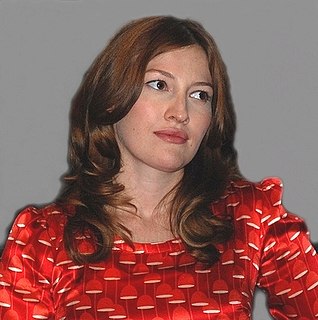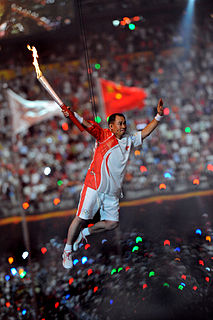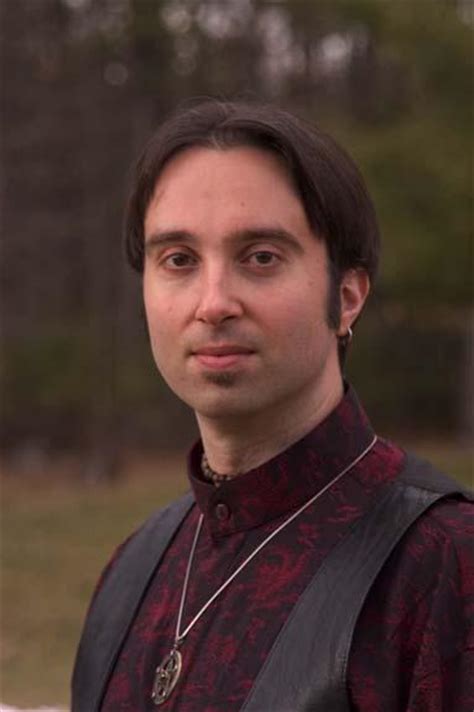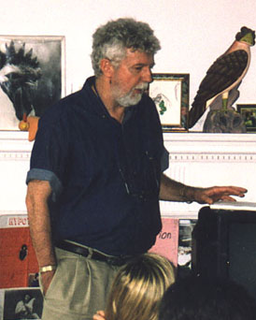A Quote by Brian Greene
Most people don’t question the practice of eating meat. Many of these people care about animals and the environment, some deeply. But for some reason-force of habit, cultural norms, resistance to change-there is a fundamental disconnect whereby these feelings don’t translate into changes of behavior.
Related Quotes
If you like eating meat but want to eat ethically, this is the book for you. From the hard-headed, clear-eyed, and sympathetic perspective of butchers who care deeply about the animals whose parts they sell, the customers who buy their meats, and the pleasures of eating, this book has much to teach. It’s an instant classic, making it clear why meat is part of the food revolution. I see it as the new Bible of meat aficionados and worth reading by all food lovers, meat-eating and not.
Some meat eaters defend meat eating by pointing out that it is natural: in the wild, animals eat one another. The animals that end up on our breakfast, lunch, and dinner plates, however, aren't those who normally eat other animals. The animals we exploit for food are not the lions and tigers and bears of the world. For the most part, we eat the gentle vegan animals. However, on today's farms, we actually force them to become meat eaters by making them eat feed containing the rendered remains of other animals, which they would never eat in the wild.
Years of cultural programming have taught us to love some animals while eating others, when in all reality, all animals are sentient beings with the capacity to feel, both physically and emotionally. Every day, I have the choice to live a life of compassion that not only saves animals but helps the environment.
To avoid causing terror to living beings, let the disciple refrain from eating meat... the food of the wise is that which is consumed by the sadhus [holymen]; it does not consist of meat... There may be some foolish people in the future who will say that I permitted meat-eating and that I partook of meat myself, but... meat-eating I have not permitted to anyone, I do not permit, I will not permit meat-eating in any form, in any manner and in any place; it is unconditionally prohibited for all.
While self-interest arising from the enjoyment of meat eating is obviously one reason for its entrenchment, and inertia another, a process of language usage engulfs discussions about meat by constructing the discourse in such a way that these issues need never be addressed. Language distances us from the reality of meat eating, thus reinforcing the symbolic meaning of meat eating, a symbolic meaning that is intrinsically patriarchal and male-oriented. Meat becomes a symbol for what is not seen but is always there--patriarchal control of animals and of language.
Many people forget that magick is all about change, and the greatest change is the inner, not the outer, landscape. Outer magickal changes - such as immediately getting a new job, lover, or physical healing - seem more impressive at first, but the inner changes last longer. They are the most impressive. Anyone can learn to do some basic spells and have good results, but the practitioners who develop a solid spiritual and magickal practice become more centered, calm, healthy, and truly confident over time are the magicians who impress me.
What we know from lab studies is that it's never too late to break a habit. Habits are malleable throughout your entire life. But we also know that the best way to change a habit is to understand its structure - that once you tell people about the cue and the reward and you force them to recognize what those factors are in a behavior, it becomes much, much easier to change.
Almost always when I told someone I was writing a book about "eating animals", they assumed, even without knowing anything about my views, that it was a case for vegetarianism. It's a telling assumption, one that implies not only that a thorough inquiry into animal agriculture would lead one away from eating meat, but that most people already know that to be the case.
It's not that humans and non-humans are identical... but the lack of understanding that led to the slave trade is the same lack of understanding many people have about animals today. When slaves were brought over from Africa, many people believed they were not humans, that they didn't have feelings. Many people believe that primates and other animals don't have feelings, too, but they do.
there are many ways of eating, for some eating is living for some eating is dying, for some thinking about ways of eating gives to them the feeling that they have it in them to be alive and to be going on living, to some to think about eating makes them know that death is always waiting that dying is in them.




